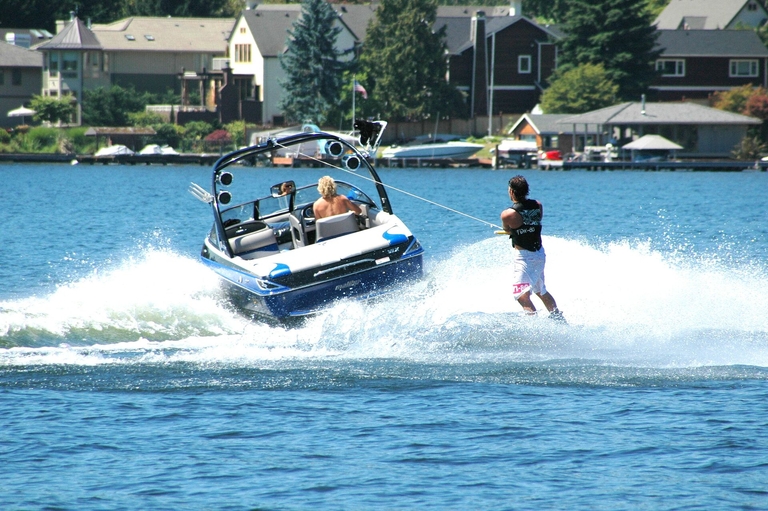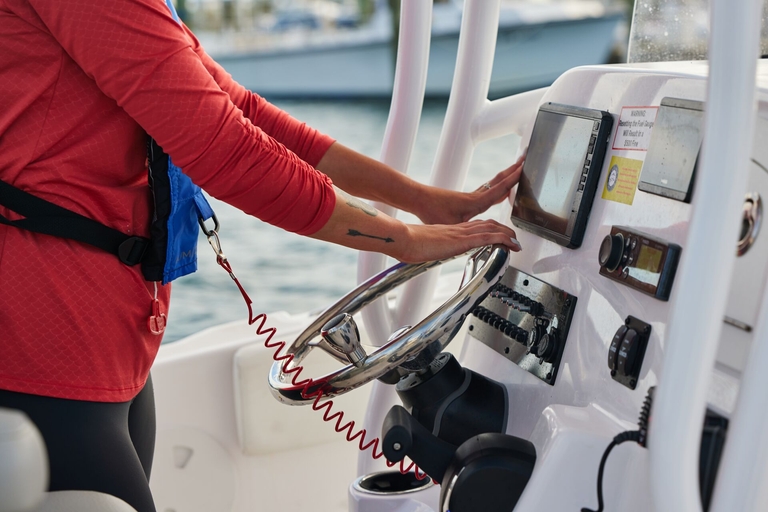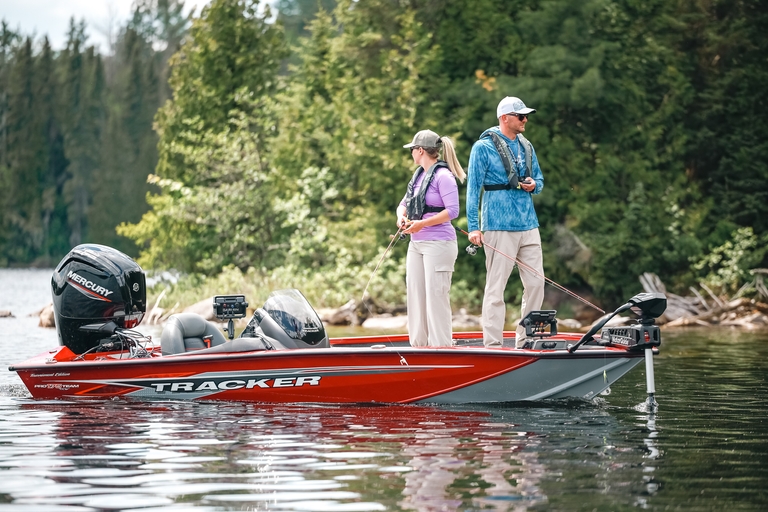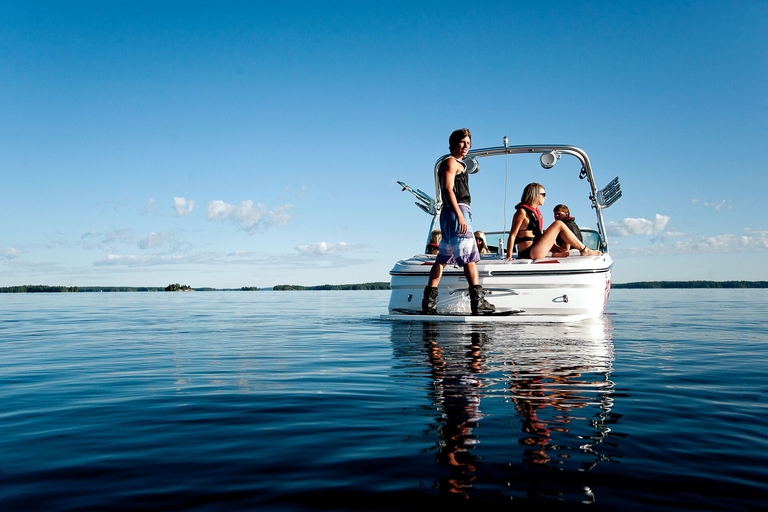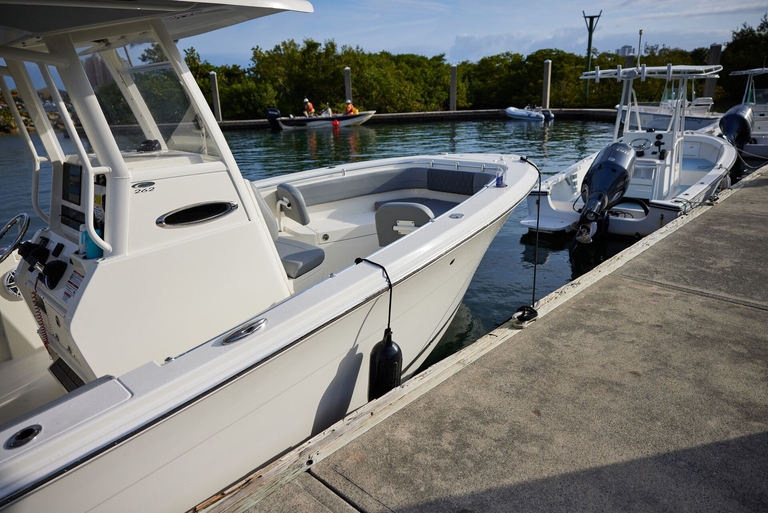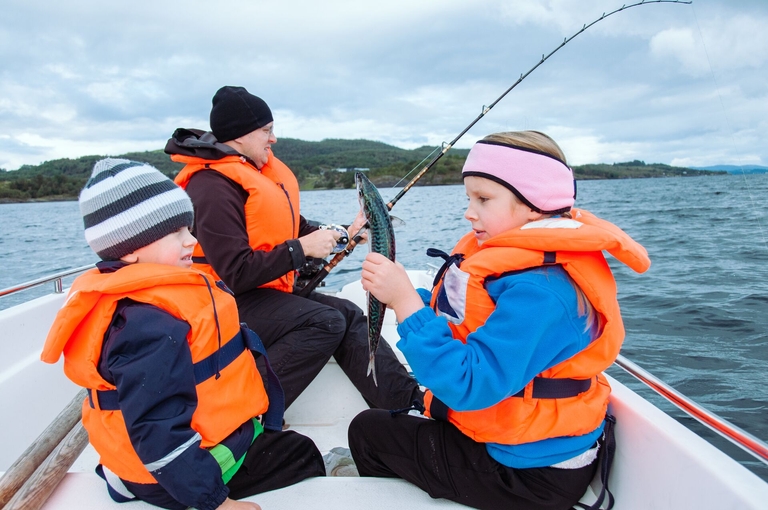Do I Need a License to Operate a Jet Boat?
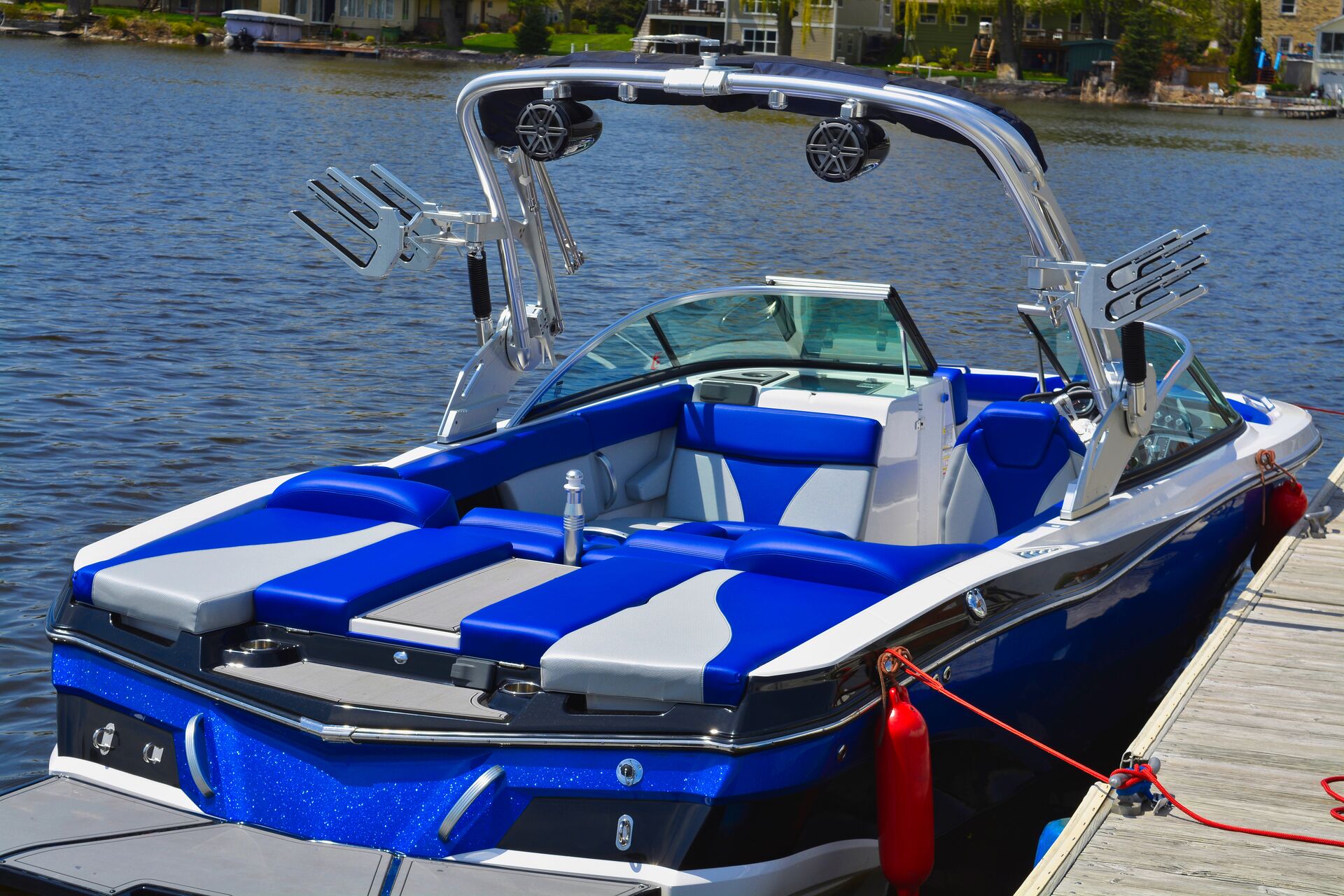
There are many great ways to have fun and experience excitement on the water, and one of those ways is with a jet boat. These boats are fast and exhilarating but can also be dangerous because they're so powerful. They're a thrill-seeker's dream with speed, power, and maneuverability in a sleek vessel that begs for adventure.
So, what exactly is this kind of boat, and how does it work? Unlike traditional propeller-driven boats, these boats use a jet of water ejected from the back to propel the vessel forward. This design allows for greater speed and agility, making them highly maneuverable in shallow waters where propeller-driven boats might struggle.
However, this power and agility also make these boats potentially dangerous in the wrong hands. Accidents can happen swiftly, from collisions with other vessels to grounding on submerged objects or losing control at high speeds.
With great power, you need great responsibility, including being prepared to navigate more than just local waterways. You'll also have to navigate boating laws and other regulatory considerations, including whether you need a license to operate this fast and aggressive boat.
Do you need a license to operate a jet boat? Here's what you need to know.

Understanding Licensing Requirements
When operating a boat, you must consider several licensing requirements involving different areas of the law.
State-Specific Regulations
Because requirements can vary significantly from state to state when operating a jet-powered boat, it's vital to know the rules in your particular area. Some states require a boating safety course and subsequent licensing, while others have more relaxed regulations requiring no formal license.
These differences often hinge on local waterway conditions, population densities, and historical incident data. States like California and Florida, where water sports are popular year-round, have rigorous boating safety courses and age-specific licensing. Conversely, states with fewer natural water bodies generally have less stringent requirements, focusing more on local boating laws and courtesy on the water.
Age Restrictions
Age is critical in determining who can legally operate a high-powered boat.
Many states set a minimum age of 16 for solo operation of motorized vessels, including jet-propelled boats. Younger operators may be allowed under the direct supervision of an adult who meets the state's licensing requirements.
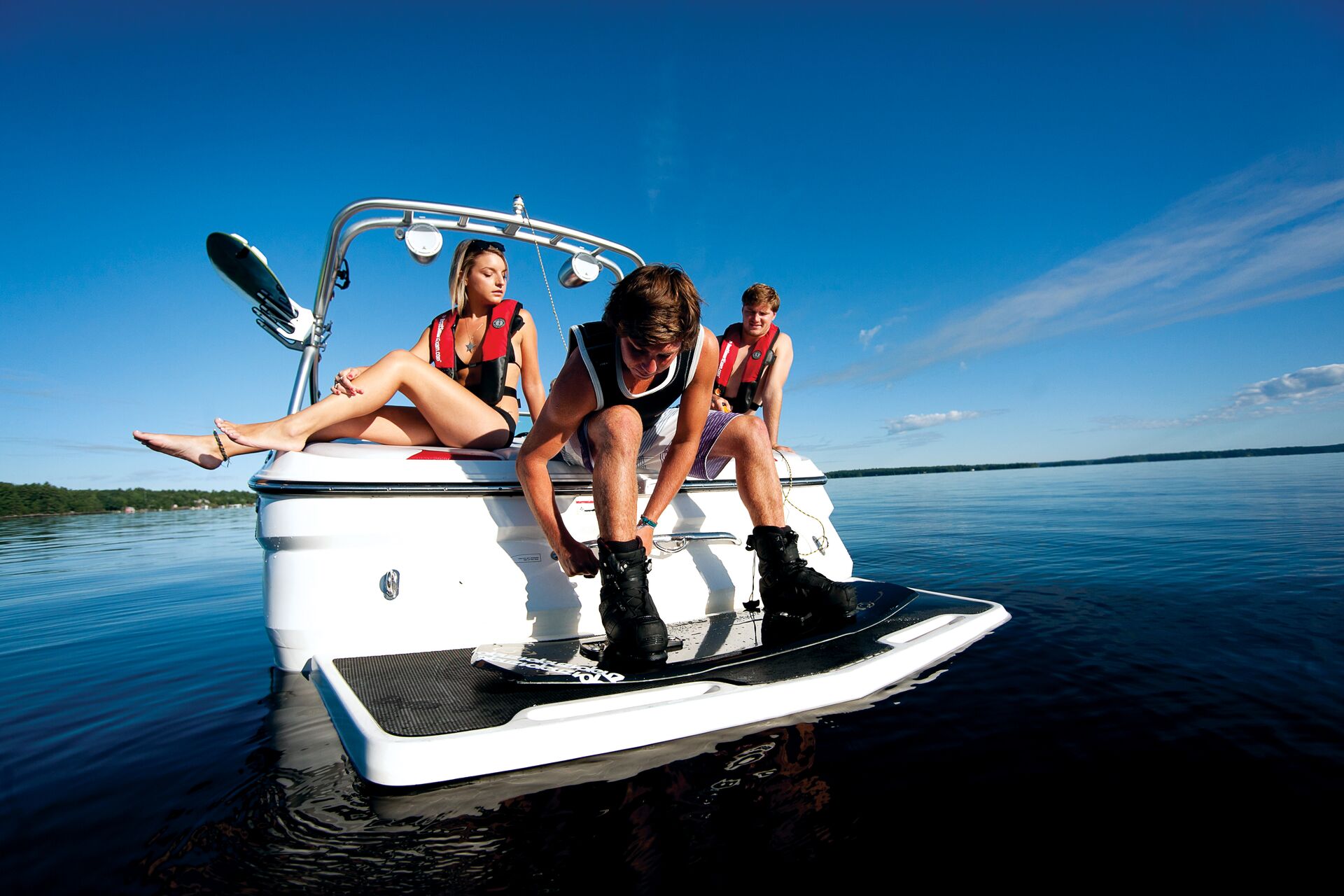
We Recommend a Boating Safety Course
When operating any type of boat, we recommend taking a boating safety course — even in states where a formal license isn't required. In many states, however, completing the course and getting your boater safety card is the same as getting your "license."
These courses (like the ones we offer here at Boat-Ed) cover essential topics such as navigation rules, emergency procedures, and the importance of situational awareness on the water. By educating boaters about these critical aspects of boating safely, the courses aim to reduce accidents and promote responsible boating practices.
Federal Requirements
While the U.S. Coast Guard doesn't require a license for recreational operators of jet-powered vessels, it does enforce federal regulations designed to ensure safety on the water.
These regulations include equipment requirements such as life jackets and a boat fire extinguisher, navigation rules, and guidelines for operating in environmentally sensitive areas. Compliance with these federal standards is mandatory regardless of state-specific licensing requirements.
Reciprocity Between States
Understanding reciprocity agreements is essential for jet boat enthusiasts who travel across state lines.
Some states recognize boating licenses and safety certificates from other states, making it easier for travelers to comply with local regulations. However, not all states have reciprocity agreements. So, it's important to carefully review each state's specific laws before operating your boat there.
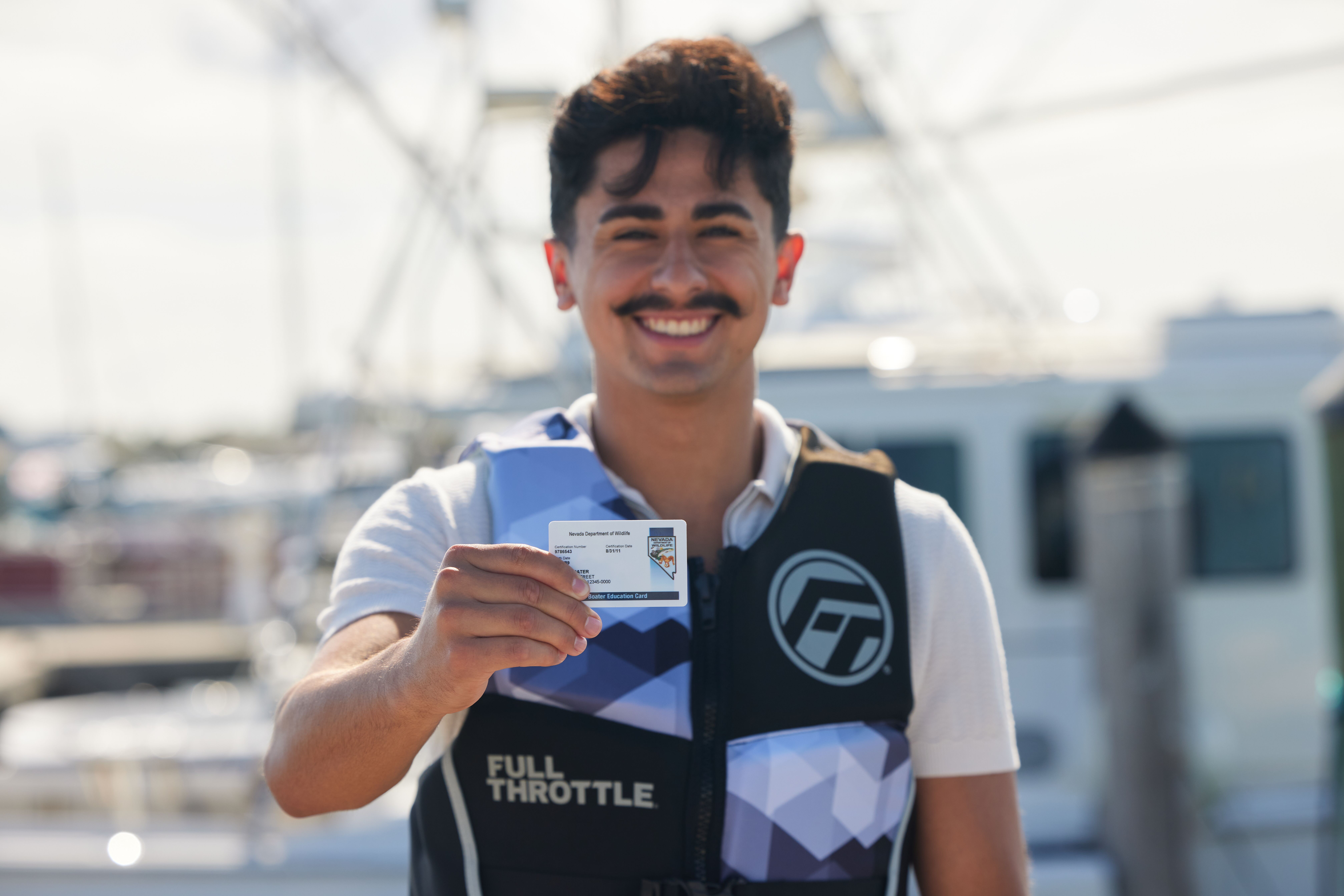
A License Can Reduce Insurance Rates
Did you know? Obtaining a boating license or completing a safety course can improve your insurance rates. Many insurers offer discounts to certified operators because they have a reduced risk associated with their training and knowledge base.
This incentive encourages more boaters to invest in education and training, thereby contributing to overall safety on the water and making the experience more enjoyable for a more significant number of boaters.
Safety Considerations
Beyond regulatory compliance, licensing and education are crucial in improving water safety. Licensed operators are generally more knowledgeable about safe boating practices, which can mean a safer environment for everyone using an area's waterways.
Understanding and following local boating laws, including speed limits and no-wake zones, also contributes to responsible boating behavior.
Responsible boating involves licensing and education, and it encourages respect for other boaters, the environment, and the wildlife in the area. After all, safety isn't just about the equipment on your boat or whether you wear a life jacket. It's also about watching out for others and preserving the quality of the area where you enjoy your jet boat.
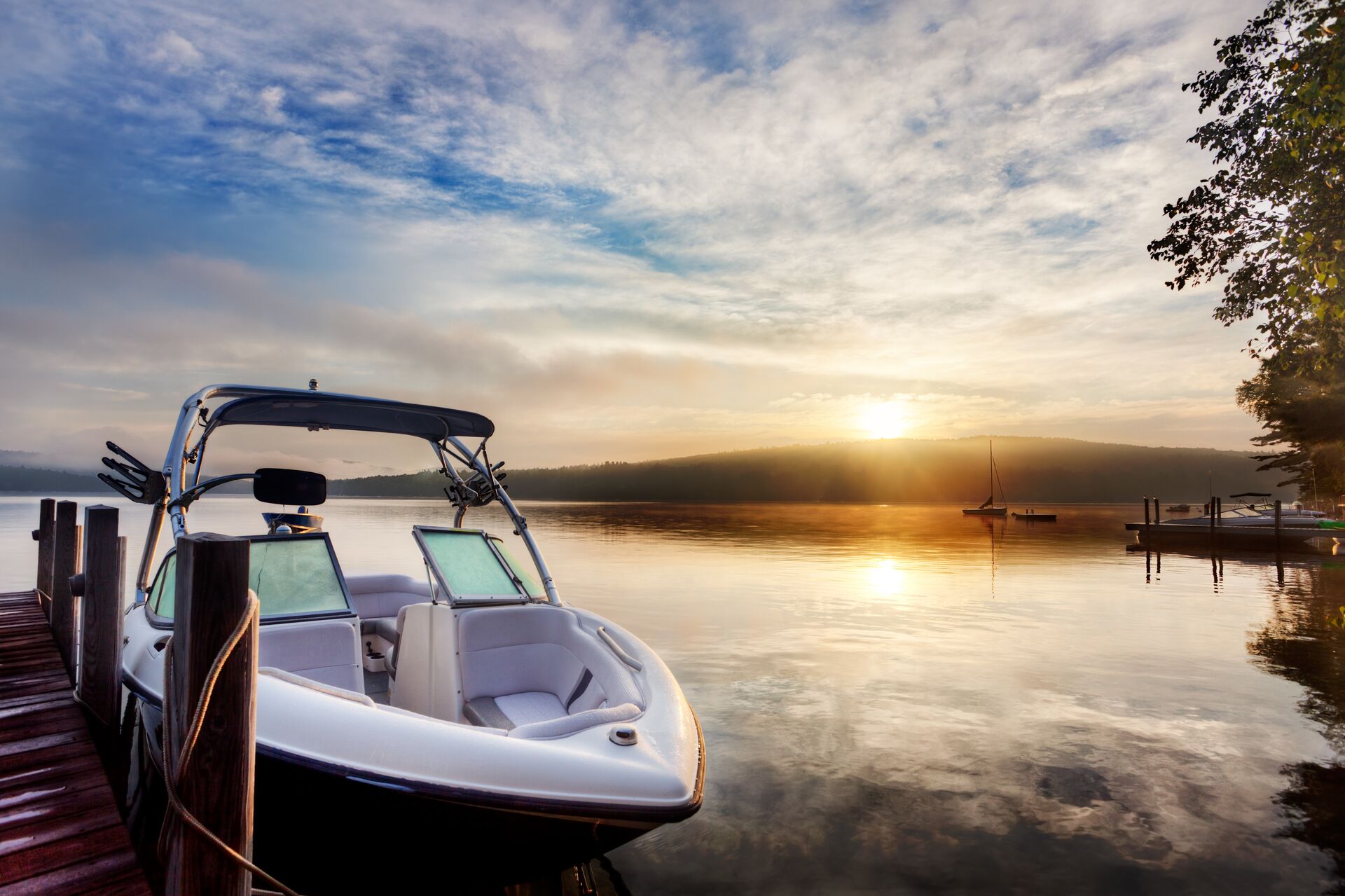
Drive a Jet Boat Safely With Boater Education
Whether mandated by state law or pursued on your own, completing a boating safety course and understanding local regulations are essential steps toward enjoying your boating experience — whether you drive a jet boat, fishing boat, or pontoon boat.
A safety course also helps protect you, your passengers, and others on the water. When you boat safely, you can confidently enjoy your vessel and help others have a better time.
The best way to learn the boating safety essentials you need is to take an online course through Boat-Ed. Our courses are for young or older boaters and are fun and engaging. Plus, you'll have the education you need to get your boater education card (or license) after passing the final exam!
Before you head out on the water again, choose the course that applies in your state or province, and start learning!

